Future Trends in Healthcare
- supriyaprajapati45
- Nov 16, 2022
- 2 min read
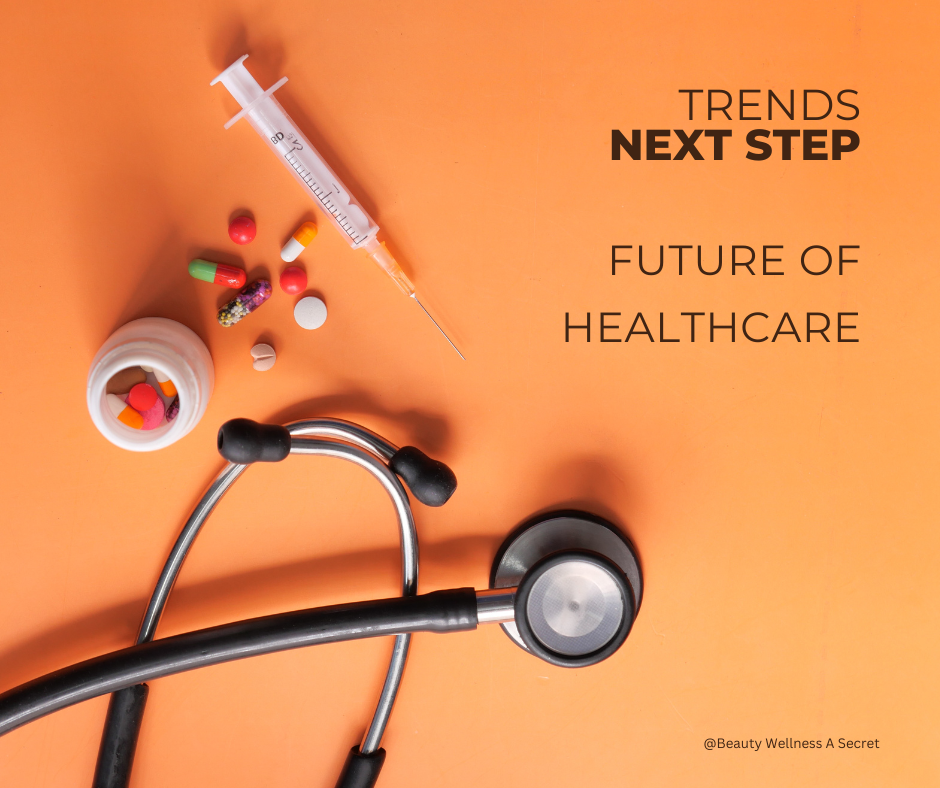
One of the largest and most developed industries in the world is the healthcare sector. Healthcare is advancing in numerous ways with booming concepts as time changes. The healthcare industry has recently witnessed some of the most revolutionary concepts, which have been crucial to the development of healthcare. Ideas like artificial intelligence and machine learning will impact the game in several ways.
The Future of Health - Deloitte - https://www2.deloitte.com/us/en/pages/life-sciences-and-health-care/articles/future-of-health.html
Let's learn more about developments in healthcare:
Artificial Intelligence - By analyzing symptoms, recommending individualized therapies, and assessing risk, AI technology can assist healthcare practitioners in diagnosing patients. Additionally, it can spot unusual outcomes.
Machine Learning - The enormous volumes of healthcare data that are generated every day within electronic health records can be made sense of with the aid of machine learning, which is particularly useful in this regard. We can discover patterns and insights that would be impossible to identify manually with the aid of machine learning techniques used in the healthcare industry.
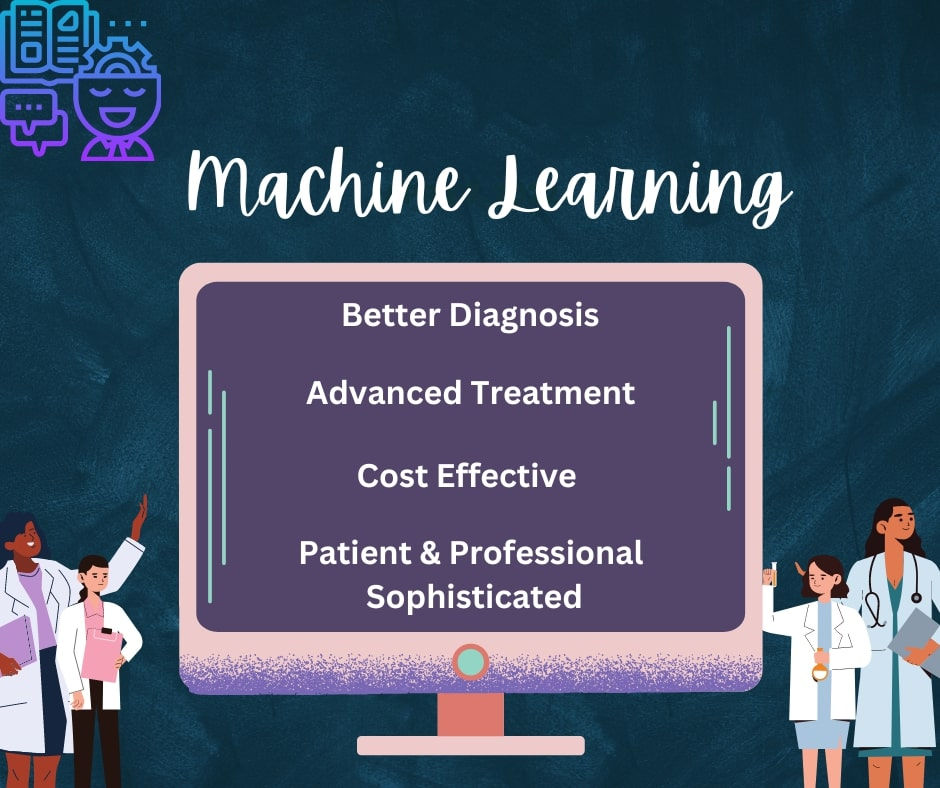
Nanotechnology - Nanotechnology was once the stuff of science fiction, but it is now a well-established fact that it is possible to build machines and gadgets that are thousands of times smaller than the diameter of a human hair. By enabling novel materials and operations at the nanoscale, the emergence of nanotechnology has already revolutionized a number of industries, including healthcare, consumer electronics, textile production, and cosmetics. With a compound annual growth rate (CAGR) of 13.99%, the global market for healthcare nanotechnology is anticipated to increase from $242.49 billion in 2021 to $276.41 billion in 2022. At a CAGR of 14.73%, the market is anticipated to increase to $478.94 billion in 2026.
Smart Pills - The term "smart pills" refers to tiny electronic gadgets that resemble pharmaceutical capsules in shape and design but carry out very sophisticated tasks like sensing, imaging, and drug delivery. Biosensors, image, pH, or chemical sensors may be among them.

Data Analytics - The fight against severe diseases has benefited greatly from big data and health data analytics. The rate of data entry is almost constant. A greater understanding of how to react and treat patients has been made possible by the analysis of such health data. Massive amounts of structured and unstructured data gathered from Electronic Health Records, Electronic Patient Records, and clinical decision support systems are referred to as "big data" in the healthcare industry. The information is organized and controlled so that healthcare practitioners can use it to enhance outcomes, lower costs, and make strategic business decisions.
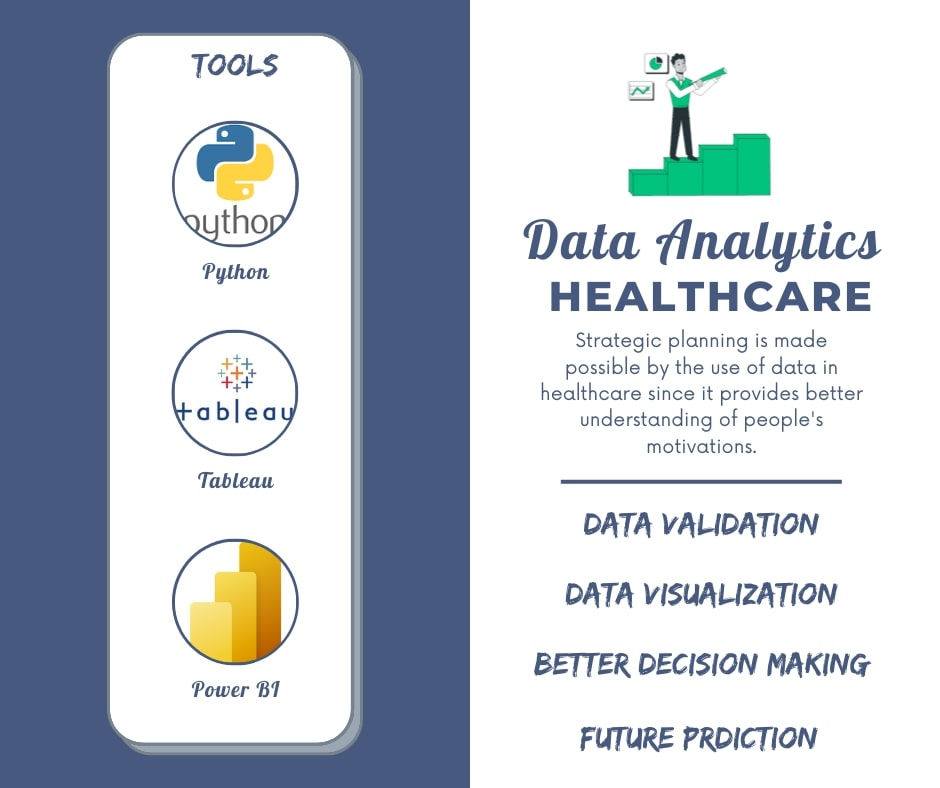
Application of Data Analytics in Healthcare:
Prescription Analysis
Clinical Research
Research & Development
Customer Analysis
Forecasting
Best Data Analytics in Healthcare Online Courses
With advancements in digital healthcare technologies like artificial intelligence, VR/AR, 3D printing, robots, or nanotechnology, the future of healthcare is being created right before our eyes.
I'm sure you've all learned something new and fascinating. Let's meet again with additional important details in the upcoming blog. I'd like to thank everyone for sticking with me.
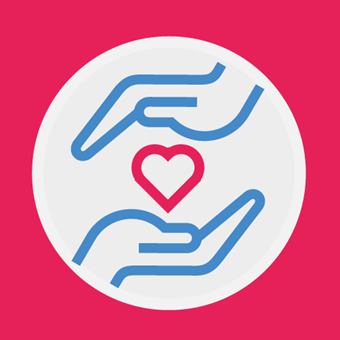
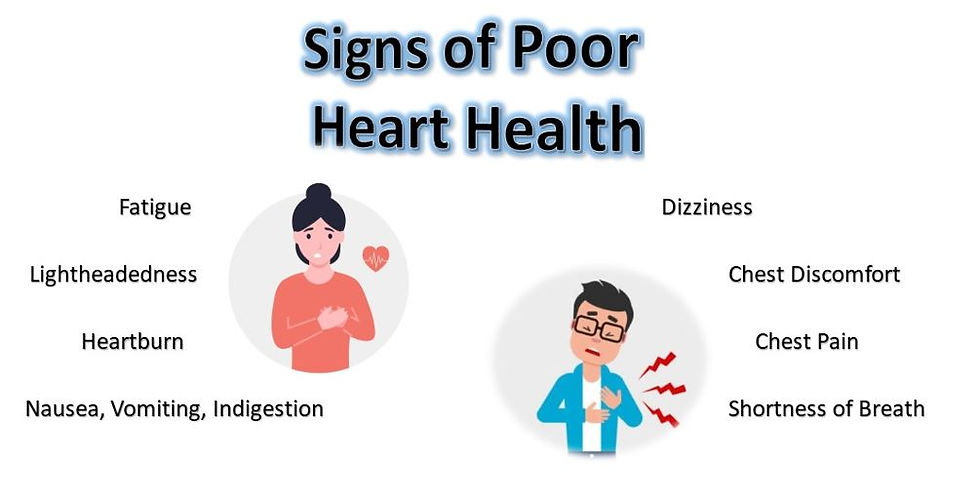

Comentários